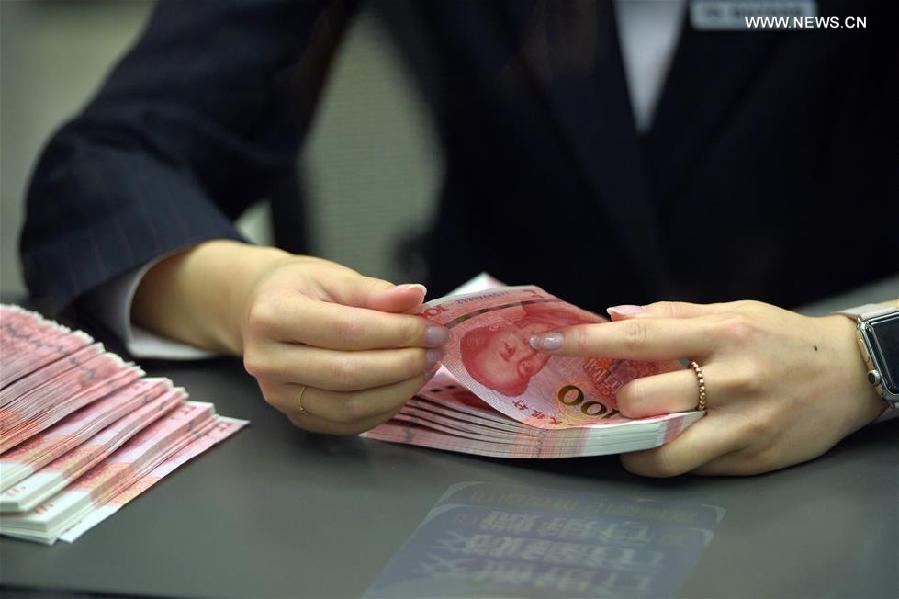China takes bolder steps to cut lending rates for firms
 0 Comment(s)
0 Comment(s) Print
Print E-mail Xinhua, August 18, 2019
E-mail Xinhua, August 18, 2019

More and more of China's enterprises, especially private, micro and small players, are expected to enjoy lower interest rates when borrowing money from banks as the country stepped up policy push.
The People's Bank of China (PBOC) Saturday unveiled a plan to improve and reform the country's loan prime rate (LPR) mechanism in its latest move to cut financing costs for the real economy.
Introduced in 2013 and disclosed every trading day, the LPR functions as a market-based reference for lenders to set their loan interest rates.
The new LPR's quotations will be based on the central bank's open market operations to better reflect market changes, while the LPR will be disclosed at 9:30 a.m. on the 20th day of each month to improve quotation quality starting from Aug. 20, according to a PBOC statement.
The number of quotation banks will be expanded from 10 to 18, including not only national banks but also urban commercial banks, rural commercial banks, foreign-invested banks and private banks, to improve the representativeness of the LPR.
An above-five-year LPR will be available in addition to the current one-year LPR to serve as interest rate pricing references for long-term loans such as mortgages.
China has rolled out a string of policies in recent years to help the country's businesses enjoy lower loan rates, but the effects were diluted in practice due to inefficient interest rate transmission.
The country now has two major loan interest rate references: the market-based rate and the benchmark rate set by the PBOC.
Many banks set their lending rate based on the loan benchmark rate. Some even set implicit interest rate floors via concerted practices, which has made it difficult for firms to enjoy low loan rates.
The situation might change. Enterprises can report banks' practices to market regulators and self-disciplinary industrial bodies. Banks should take the LPR as the major lending rate reference when issuing loans, according to the PBOC.
The central bank also included the implementation of the new LPR scheme and loan interest rate competition behaviors in the macro-prudential assessment of banks to urge market players to follow the new LPR rules.
The new scheme will help boost the country's monetary policy efficiency, said Wen Bin, chief analyst at China Minsheng Bank.
"Banks might face shrinking loan interest rate margins, but they can still achieve stable business performance thanks to the expansion of loan businesses," said Wen.
The PBOC plan came after the country's State Council's executive meeting decided Friday to take market-oriented reform measures to reduce real interest rates and ease financing difficulties.
Efforts will be made to make lending rates and fees more open and transparent. Charges by financial institutions will be strictly regulated and intermediate agencies will be urged to cut fees, according to the meeting.
Cutting firms' financing costs has become one policy priority for China as the economy's downward pressure weighs upon investment.
The country's fixed-asset investment grew 5.7 percent year on year in the first seven months of 2019, 0.1 percentage points lower than the growth in the first half-year, official data showed Wednesday.
Central bank data showed that the average interest rate for inclusive loans lending to small and micro firms stood at 6.82 percent in the first half of this year, down 0.58 percentage points from the 2018 average level.
China aims to cut the average overall financing costs for small and micro firms by one percent this year.






Go to Forum >>0 Comment(s)